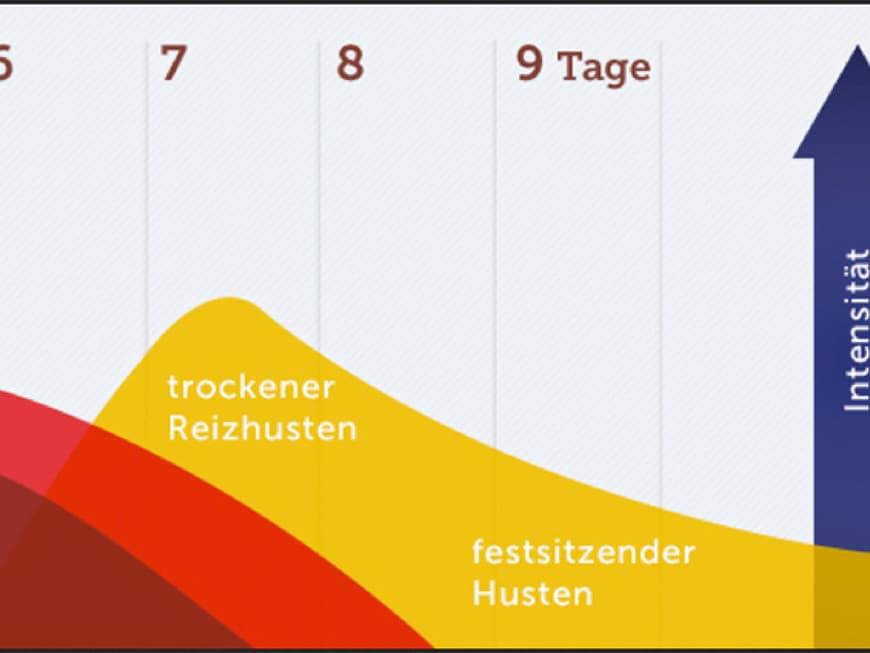Why now? Why does my throat scratch so suspiciously? Why am I sneezing all the time? Do I already have a fever? Or is everything flying by again?
We're shivering even though we're not cold
Yes, it is possible that our immune system has the upper hand: We can usually still get a cold under control with hot tea, a relaxing walk in the fresh air or a warm bath, says ENT specialist Dr. Michael Deeg. Researchers at Yale University also found that a spoonful of honey helps the cells to fight off viral infections. For bacterial infections, on the other hand, a sugar diet is the order of the day. The following also applies in general: when an infection is approaching, our immune system is working at full speed. Our body temperature is now on a rollercoaster, sometimes we feel hot, sometimes cold. These ups and downs are also intended to prevent pathogens from settling in the cells and multiplying there. At the same time, our body's own defense cells hunt them down. "Warmth and rest also help them," says pulmonologist Dr. Michael Barczok. Incidentally, the culprits are usually viruses: in adults, they cause a cold on average twice a year. Other viruses are to blame for influenza, which fortunately occurs less frequently. The only thing that helps: stay in bed. However, the annoying symptoms can be alleviated. How? We'll tell you in the current special edition of "FUNK UHR gesund & fit".
Cold or flu - the symptom check reveals it all
Flu infection, flu - it's easy to get the terms mixed up. But how do I recognize what I have?
Beginning: A slight scratchy throat in the morning, a sneeze at lunchtime and then the suspicion in the evening: I'm getting sick. This is usually a cold. With the real flu, the symptoms - typically headaches and aching limbs - come on very quickly and severely. Often from one hour to the next.
Fever: Very rare and rather low with a cold, but usually high with flu (up to 41 degrees). This is accompanied by chills and sweating.
Aching limbs: Particularly pronounced with flu.
Coughing: Initially mild with a cold, with flu the cough is dry and often painful.
Sore throat: The flu symptoms are also stronger here: swallowing difficulties are typical.
Tiredness: Flu usually saps more of our strength - we are completely knocked out and should urgently stay in bed.
Duration: We get over a cold after 7 to 9 days - the flu keeps us firmly in its grip for at least seven, usually 14 and sometimes even 21 days. Even after that, we should take it easy to keep our heart healthy. Muscle tissue may have become inflamed and is therefore less resilient - even in younger people there is otherwise a risk of life-threatening cardiac arrest.



DR. MICHAEL BARCZOK
Lung specialist from Ulm, Federal Association of Pneumologists, Sleep and Respiratory Physicians








